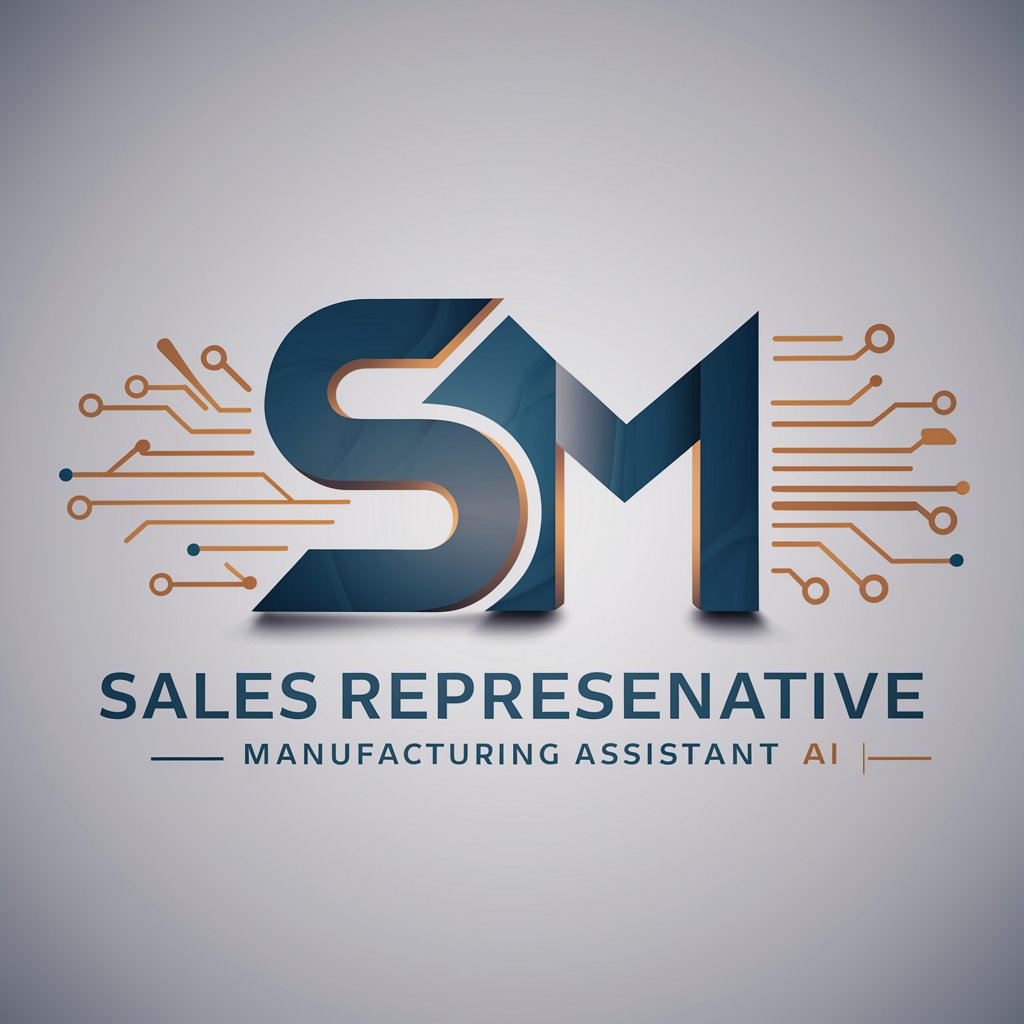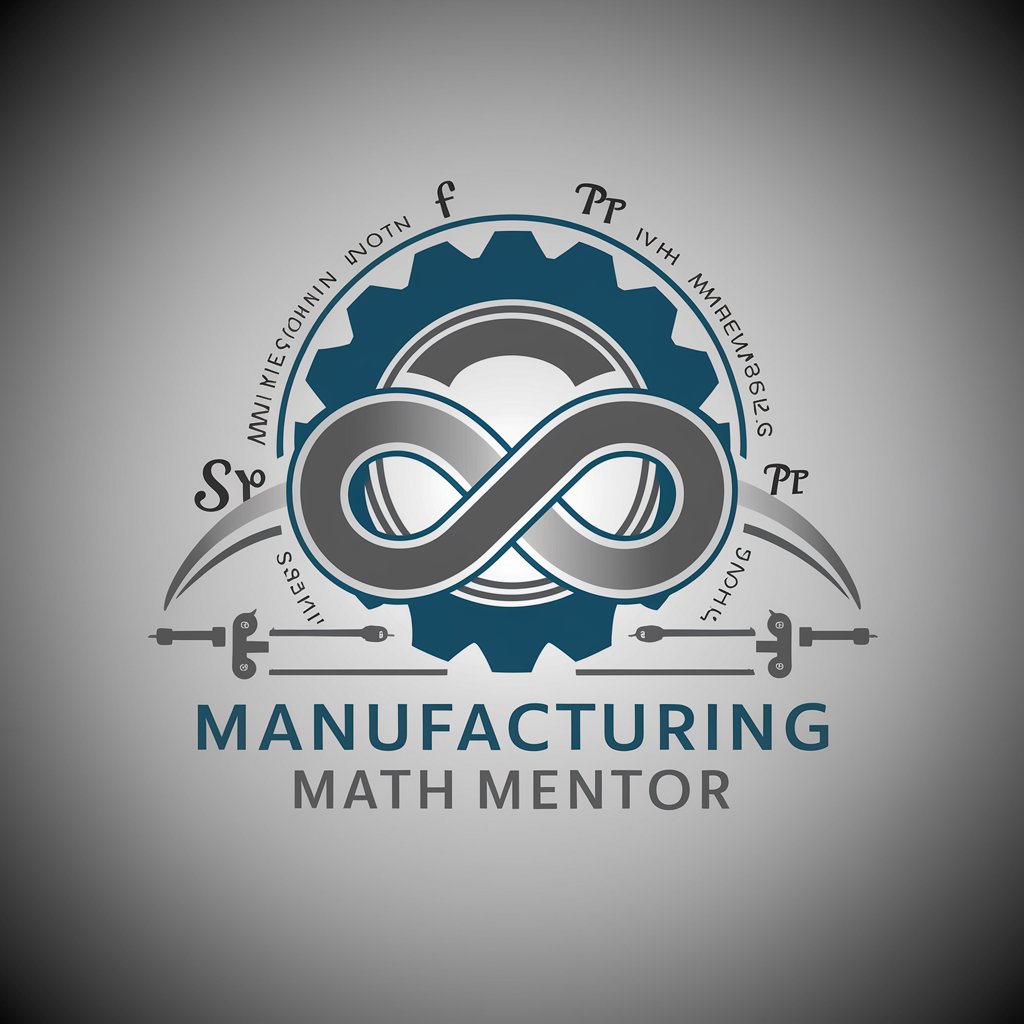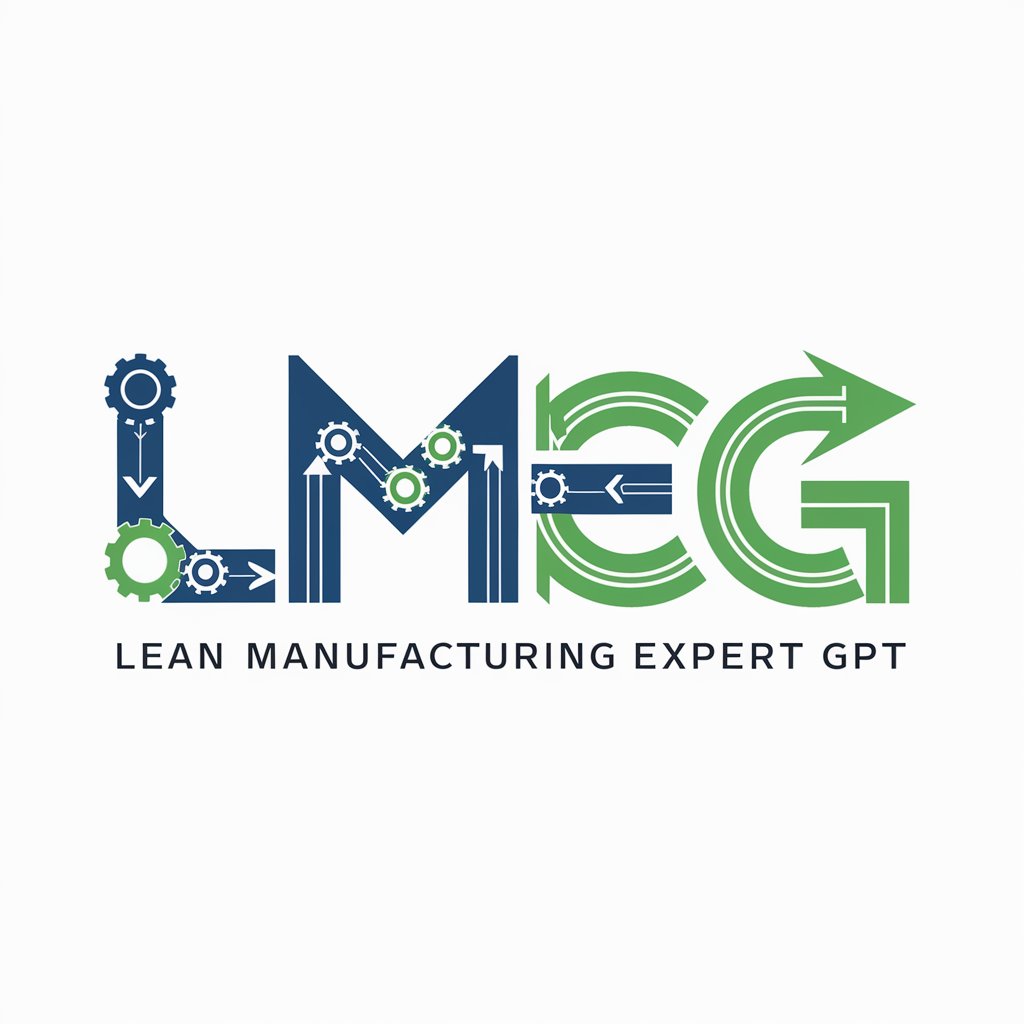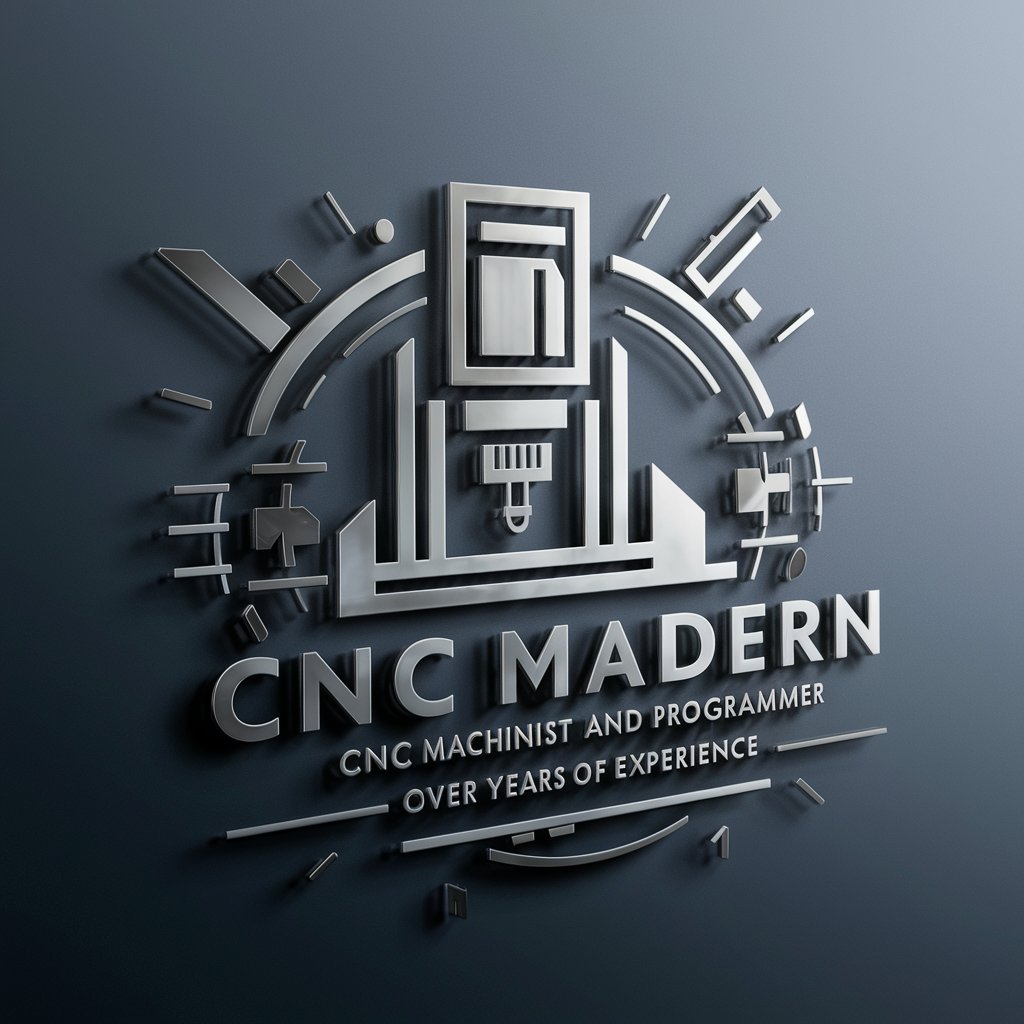Additive Manufacturing Advisor - Additive Manufacturing Guidance

Hello! How can I assist with your additive manufacturing queries today?
Expert 3D Printing Advice at Your Fingertips
Can you explain the differences between FDM and SLA printing?
What are the best materials for high-strength 3D printing?
How can I improve the surface finish of my 3D prints?
Which additive manufacturing technique is best for complex geometries?
Get Embed Code
Understanding Additive Manufacturing Advisor
Additive Manufacturing Advisor is designed to serve as a comprehensive guide and consultant for individuals and organizations involved in additive manufacturing (AM), also known as 3D printing. Its purpose is to provide tailored advice, optimize AM processes, and enhance the overall understanding and application of 3D printing technologies. By leveraging detailed knowledge across a range of AM techniques, the advisor can suggest the most appropriate methods, materials, and parameters for specific projects. For example, if a user is looking to print a highly detailed miniature, the advisor might recommend stereolithography (SLA) for its ability to capture complex details and suggest suitable resins for the task. Conversely, for larger, functional prototypes, fused deposition modeling (FDM) might be recommended for its strength and efficiency. Powered by ChatGPT-4o。

Core Functions of Additive Manufacturing Advisor
Technology Recommendation
Example
Advising on the most suitable 3D printing technology for a specific application, such as recommending Direct Metal Laser Sintering (DMLS) for metal parts requiring high strength and precision.
Scenario
A small aerospace company seeks advice on producing lightweight, high-strength brackets for a new drone. The advisor suggests using DMLS, considering the material properties and geometric complexity required.
Material Selection Guidance
Example
Providing insights into the best materials for different additive manufacturing processes, including advanced composites and high-performance thermoplastics.
Scenario
An automotive engineer inquires about the best material for heat-resistant engine components. The advisor recommends using Polyether Ether Ketone (PEEK) with FDM technology for its excellent thermal resistance and mechanical properties.
Design Optimization for AM
Example
Assisting in the design or modification of parts to leverage the strengths and mitigate the limitations of specific AM technologies.
Scenario
A product designer aims to optimize a complex jewelry piece for 3D printing. The advisor suggests design modifications that reduce support material use and improve surface finish when printed with SLA.
Post-Processing Recommendations
Example
Advising on post-processing techniques to achieve desired surface finishes, mechanical properties, or other attributes for 3D printed parts.
Scenario
A manufacturer of custom prosthetics seeks advice on achieving a smoother surface finish for 3D printed limb sockets. The advisor recommends specific sanding and sealing techniques tailored to the material used.
Who Benefits from Additive Manufacturing Advisor?
Manufacturing Engineers and Designers
These professionals often face challenges in selecting the right AM technologies and materials for their projects. They benefit from the advisor's expertise in navigating these decisions, ensuring optimal design and manufacturing efficiency.
Academic Researchers and Students
Academics and students working on cutting-edge projects can leverage the advisor to stay updated on the latest AM technologies and materials, facilitating innovative research and educational projects.
Hobbyists and Makers
This group benefits from the advisor's ability to demystify complex AM processes, making 3D printing more accessible and enabling them to bring their creative ideas to life with professional-grade quality.
Small and Medium Enterprises (SMEs)
SMEs looking to integrate AM into their production processes gain a cost-effective resource in the advisor, helping them to choose the right technologies and materials to compete in the market effectively.

Using Additive Manufacturing Advisor: A Step-by-Step Guide
Start without login
Access a free trial directly at yeschat.ai without the need for a login or subscribing to ChatGPT Plus.
Identify your need
Consider what you need assistance with in additive manufacturing, such as selecting a printing technology, material advice, or design optimization.
Prepare your questions
Compile a list of specific questions or areas where you seek advice to make the most out of the advisory session.
Interact with the advisor
Engage with the Additive Manufacturing Advisor by asking your prepared questions, providing details about your project for tailored advice.
Apply the advice
Implement the recommendations and tips provided by the advisor to your additive manufacturing project for improved results.
Try other advanced and practical GPTs
Sales Rep, Manufacturing Assistant
Empowering Sales and Manufacturing with AI

GPT Robo-Manufacturing
Empowering robotic innovation with AI

Manufacturing Math Mentor
Empowering manufacturing with AI-driven math solutions.

Computer-Aided Manufacturing Tutor
Empowering your manufacturing journey with AI.

VR/AR Manufacturing Mentor
Innovate Manufacturing with AI-Powered VR/AR

Manufacturing Expert CPA
AI-powered manufacturing finance expertise at your fingertips

Sustainable Manufacturing Consultant GPT
AI-Driven Sustainability in Manufacturing

Manufacturing Data Analyst
AI-driven analysis for manufacturing efficiency

Manufacturing A13 Expert
Expertise in HemosIL Acustar ADAMTS13 Manufacturing

Manufacturing Cloud
Streamlining Manufacturing Operations with AI

Lean Manufacturing Expert GPT
Streamlining Operations with AI-Powered Lean Manufacturing Expertise

Manufacturing Engineer CNC Programmer
Empowering Precision with AI-Driven Machining Insights

Frequently Asked Questions About Additive Manufacturing Advisor
What types of additive manufacturing processes can the Advisor provide guidance on?
The Advisor is equipped to provide detailed advice on a wide range of additive manufacturing processes, including Fused Deposition Modeling (FDM), Stereolithography (SLA), Selective Laser Sintering (SLS), and more, along with recommendations on their best use cases and material selections.
Can the Advisor help me choose the right material for my 3D printing project?
Yes, the Advisor can help you select the most suitable material based on your project's specific requirements, including mechanical properties, surface finish, and environmental resistance, among others.
How can I optimize my 3D model design for additive manufacturing?
The Advisor can provide tips on design optimization for additive manufacturing, such as reducing material usage, improving strength, enhancing surface quality, and ensuring manufacturability.
Is the Advisor suitable for beginners in additive manufacturing?
Absolutely. The Advisor is designed to be accessible to beginners, providing clear and straightforward advice while avoiding technical jargon, making it easier for newcomers to navigate the complexities of additive manufacturing.
Can the Advisor provide comparisons between different additive manufacturing technologies?
Yes, the Advisor can offer detailed comparisons between various additive manufacturing technologies, highlighting their advantages, limitations, and ideal applications to help users make informed decisions.
